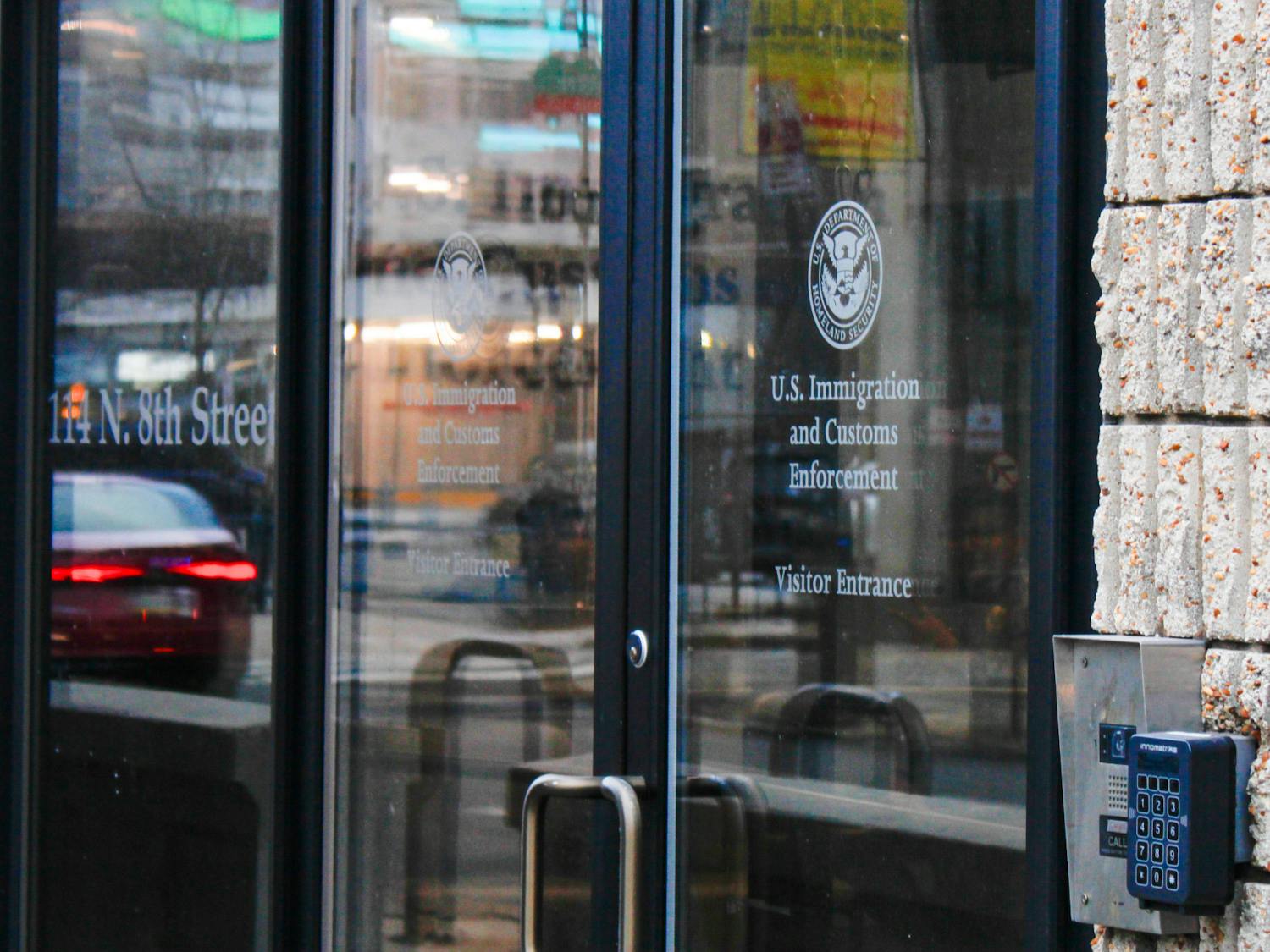Last week, the Wharton India Economic Forum rescinded Chief Minister of Gujarat Narendra Modi’s invitation to deliver the upcoming March 23 forum’s keynote address.
Just before spring break, several Penn faculty members and graduate students circulated a petition that received 270 signatories, criticizing Modi’s political and economic policies and calling for his dismissal as a speaker.
The petitioners succeeded. But the WIEF organizers had it right the first time around.
We believe that given his credentials, Modi was a prudent choice to be the keynote speaker. Had we been choosing a speaker for the event, we would have picked Modi as well, if he were available.
Modi is a controversial figure both at home and abroad. His progressive and successful economic policies juxtapose accusations of human rights violations from the past.
Nonetheless, he is very popular in India — Modi has been democratically elected three times, an especially difficult feat in India — and could well be its next prime minister.
But most importantly to WIEF, which serves as a forum “to discuss India’s evolution into a global economic power,” Modi has spurred robust economic development in Gujarat.
While WIEF initially made a smart choice, we are disheartened with its response to the criticism of that choice.
Related
3/10/13: Petition against Narendra Modi speaking at the Wharton India Economic Forum
3/10/13: Prameet Kumar | Shutting down the debate
3/10/13: Your Voice | On WIEF and Narendra Modi
3/7/13: Backlash results from cancellation on Indian state minister
The controversy surrounding Modi originates from a decade ago. Surely WIEF was aware of the potential blowback it would receive for inviting Modi — the fact that Modi would be addressing the forum over Skype because he has been denied a United States visa was certainly a good hint.
Despite the careful planning that must have gone into the event, WIEF was hasty in rescinding Modi’s invitation. In the Forum’s March 2 press release announcing its decision, the co-chairs of the event noted that their final decision was based on the fact that Modi had proved to be such a polarizing character for the forum.
The organizers noted that they still “stand by [their] decision to invite him.” But we do not believe WIEF can simultaneously stand by its decision and think he was a good choice to be a speaker, while uninviting him because other people disagreed with their choice of a speaker.
The implications of the change of heart will also affect future events. Several speakers and sponsors have already pulled out of this year’s conference. Furthermore, in India, online sentiments reflect that some feel the Forum has a damaged status. Potential speakers at Penn may think twice about coming in the future.
At the other end, we are perhaps more disappointed in the professors who petitioned against Modi and asked WIEF to ‘“revoke [its] invitation to Narendra Modi.”
We believe it is disingenuous to praise Modi’s opposition for “open[ing] a debate about the appropriateness of inviting him,” as assistant professor at the School of Social Policy & Practice and petition organizer Toorjo Ghose put it, when the same petitioners ultimately aim to restrict speech.
We do not agree with the petitioners that allowing Modi to speak is tantamount to legitimizing him, especially given that he was slated to talk solely about economics in India.
In 2007, Iranian President Mahmoud Ahmadinejad spoke at Columbia University. Needless to say, Ahmadinejad is not exactly a popular figure and was even booed at the event, but Columbia President Lee Bollinger staunchly defended inviting the divisive figure, saying the event was “an enormous benefit in terms of advancing public understanding.”
The right to free speech is not simply the right to talk — it is the right to have an audience. You cannot have true dialogue and advance public knowledge without a rigorous discussion involving both sides of the story.
The entire Penn community just lost the opportunity to hear one — or, as it turns out, several — relevant and knowledgable speaker and anyone who wanted a truly open forum (no pun intended) will be disappointed.
Allowing Modi to speak at the Forum would not have legitimized him, but the result has legitimized, to an extent, suppressing the speech of those we disagree with.








